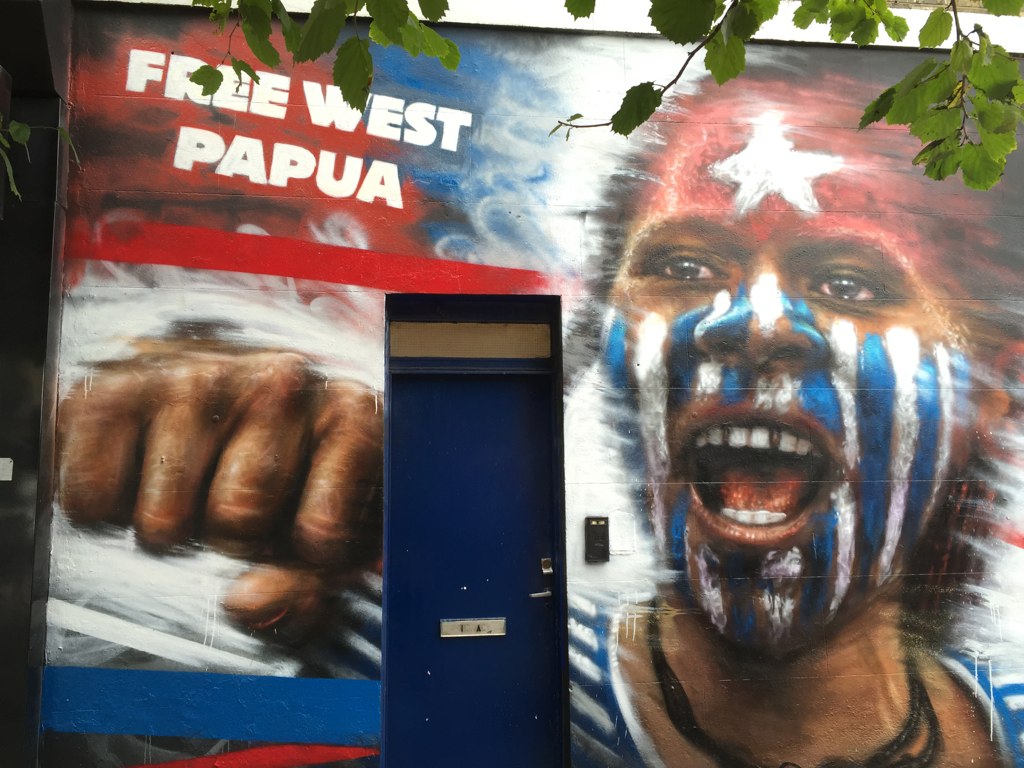The Curiosities Behind the Escalation of Violence in Northwestern Africa
As African countries attempt to constantly recover and reduce the eminence of violence, global actors and surrounding communities must begin to jointly address it.










